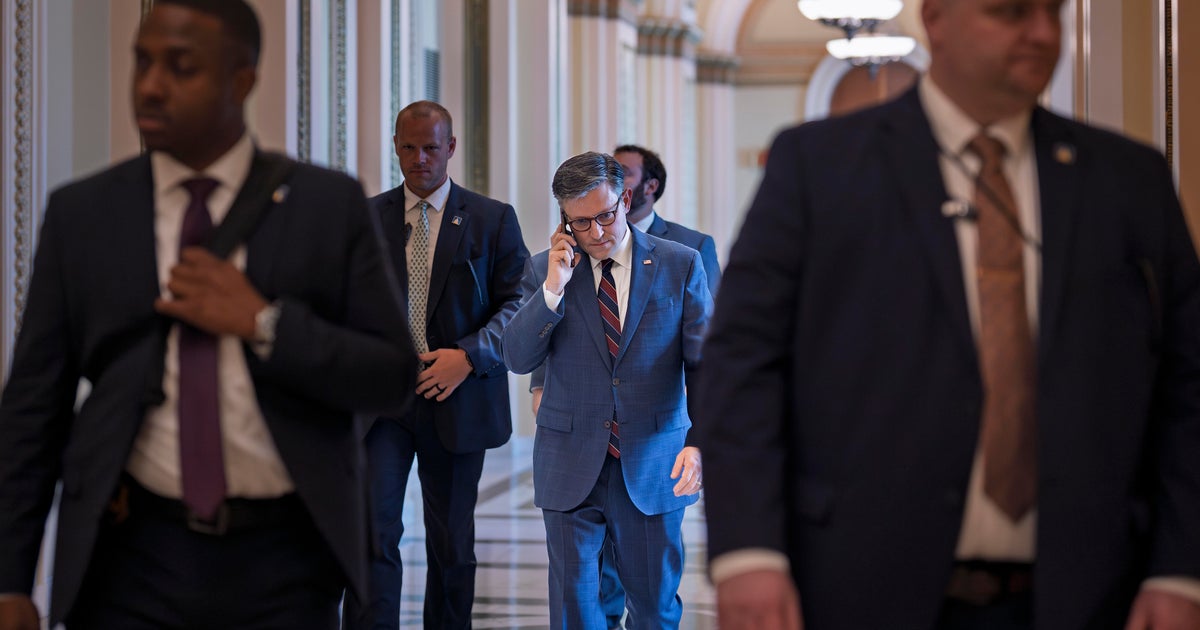House Passes GENIUS Act: Historic Crypto Bill Amid Right-Wing Rebellion

Landmark Legislation Passed to Regulate Cryptocurrency
House Approves the GENIUS Act Amidst Political Drama
Washington — On Thursday, the House of Representatives successfully passed a significant piece of legislation aimed at regulating cryptocurrency, overcoming a temporary setback caused by dissenting right-wing Republicans.
The bill, referred to as the GENIUS Act, marks the first substantial crypto regulation to be approved by Congress and is now set to be sent to President Trump for his signature. The legislation received bipartisan support, passing with a vote of 308 to 122, which included backing from 206 Republicans and 102 Democrats.
Tensions and Negotiations Surrounding the Vote
Earlier in the week, a faction of conservative lawmakers disrupted a procedural vote intended to advance three crypto-related bills, including the GENIUS Act. This act establishes a regulatory framework for the $250 billion stablecoin market, which consists of cryptocurrencies pegged to assets like the U.S. dollar.
House Speaker Mike Johnson, a Republican from Louisiana, canceled subsequent floor votes after the dissenters met with President Trump, who later indicated that they had reached an agreement to support the legislation.
However, the situation became complicated during a procedural vote on Wednesday, where some dissenters initially opposed the bill before reversing their stance. The vote was prolonged for nearly ten hours as these lawmakers sought to combine a broader market structure bill with legislation aimed at banning a central bank digital currency.
The Push for Comprehensive Digital Asset Regulation
Republican Rep. Andy Harris of Maryland, who leads the conservative House Freedom Caucus, stated that the holdouts had negotiated with Trump to merge the two digital asset proposals. This strategy faced resistance from the bill’s authors and disrupted what House Republicans had labeled “crypto week.”
Originally, House Republicans intended to pair the GENIUS Act with the CLARITY Act, which would clarify the classification of digital assets as either commodities or securities. Merging these bills would have delayed the legislation’s progress by sending it back to the Senate. Trump had urged Congress to expedite the passage of the GENIUS Act as a standalone measure, asserting that it would position the U.S. as a leader in the digital asset space.
This week, conservatives advocated for linking the CLARITY Act with the contentious Anti-Central Bank Digital Currency Surveillance State Act, which would prevent the Federal Reserve from issuing a central bank digital currency. They argued that the Senate’s stablecoin bill and the broader market structure legislation were inadequate, as they would permit a central bank digital currency, which they opposed.
Final Agreements and Legislative Outcomes
A resolution was reached late Wednesday to attach the ban on a central bank digital currency to the essential annual defense reauthorization bill, prompting the dissenters to change their votes and allow the legislative process to advance.
The Senate had previously approved the bipartisan stablecoin bill last month, despite facing challenges due to a Democratic backlash over concerns regarding the Trump family’s business interests in cryptocurrency and the potential for foreign influence. The Trump family’s investments in crypto have reportedly increased their wealth significantly in recent months, as the administration continues to relax federal regulations on the digital currency sector. The White House has denied any conflicts of interest, stating that Trump’s assets are managed in a trust by his children.
Democratic lawmakers have expressed concerns that the legislation lacks sufficient protections for consumers, the financial system, and national security. Critics from the Democratic Party have echoed similar sentiments.
Diverging Perspectives on the Legislation
“By passing this bill, Congress is signaling its acceptance of corruption and foreign influence,” remarked Rep. Maxine Waters of California, the leading Democrat on the House Financial Services Committee, on Thursday. Conversely, supporters of the legislation within the Democratic Party argue that regulatory measures are overdue, even if the current bill is not perfect.
“The question is whether we want some regulations in place or none at all,” stated Democratic Rep. Josh Gottheimer of New Jersey during the floor debate.
The broader market structure bill also received bipartisan approval and is now headed to the Senate, while the legislation prohibiting a central bank digital currency passed primarily along party lines.
Author: Caitlin Yilek
Bio: Caitlin Yilek is a political reporter at CBSNews.com, based in Washington, D.C. She has previously worked for the Washington Examiner and The Hill and participated in the 2022 Paul Miller Washington Reporting Fellowship with the National Press Foundation.







